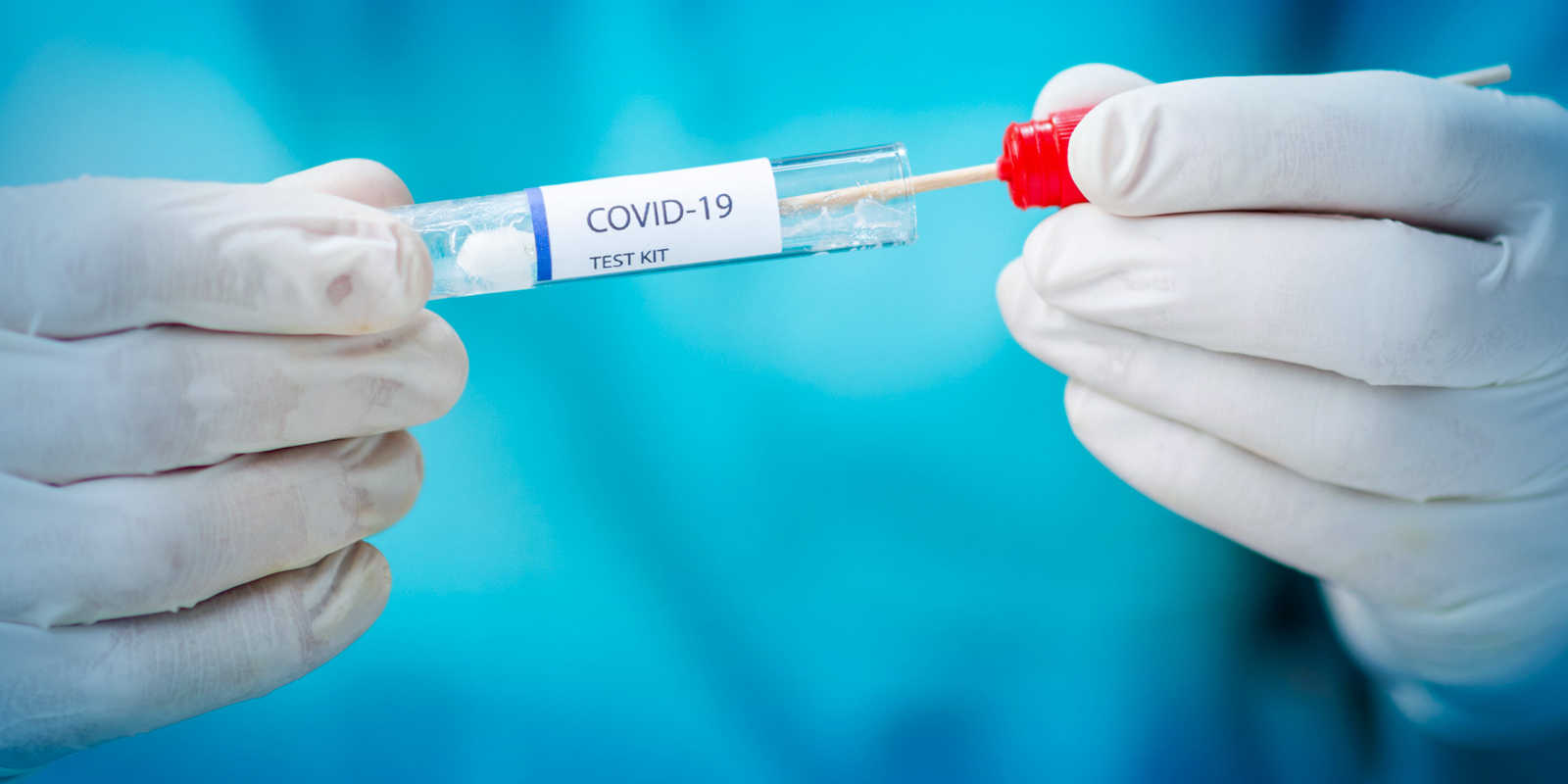
New UK Variant Cases in India Jumps up to 58, Researchers Say Virus Do Not Spread Farther Away from Asymptomatic Patients
NEW DELHI, Jan 5: Even as 20 more cases were detected of patients with new UK variant of Coronavirus taking such positive cases in India to 58 on Tuesday, some researchers in the country have concluded that the Sars-CoV-2, the virus that causes coronavirus disease (Covid-19), can be airborne but do not spread farther away from the infected patients, particularly in asymptomatic cases.
The union health ministry on Tuesday said the genome sequencing of positive samples released by the Indian Sars-CoV-2 Genomics Consortium (Insacog) labs that the Centre has specifically created for the purpose of monitoring any kind of mutations in the virus, have so far found 58 cases with the new UK mutated virus.
The samples have so far been sequenced in six of the 10 designated labs across the country.
Among the sequenced samples, 10 samples tested positive in NIMHANS, Bengaluru, three in CCMB, Hyderabad, five in NIV, Pune, 11 in IGIB, Delhi, eight in NCDC, New Delhi, and one in NCBG, Kolkata.
NCBS, InSTEM, Bengaluru, CDFD Hyderabad, ILS Bhubaneswar, and NCCS Pune have so far found no traces of the UK variant among the samples that have been sequenced in their labs.
From November 25 to December 23, 2020, about 33,000 passengers disembarked at various Indian airports from UK.
All these passengers are being tracked and subjected by states to reverse transcription-polymerase chain reaction (RT-PCR) tests to detect Covid-19.
“All these persons have been kept in single-room isolation in designated health care facilities by respective state governments. Their close contacts have also been put under quarantine. Comprehensive contact tracing has been initiated for co-travellers, family contacts and others. Genome sequencing on other specimens is going on,” said the Union health ministry in a statement.
“The situation is under careful watch and regular advice is being provided to the states for enhanced surveillance, containment, testing and dispatch of samples to Insacog labs,” the statement further read.
Though the new variant was believed to be 70 per cent more transmissible raising concern of faster spread, the doctors monitoring these patients have not found severe illness because of the new variant, official source said.
The presence of the new UK variant has already been reported by Denmark, Netherlands, Australia, Italy, Sweden, France, Spain, Switzerland, Germany, Canada, Japan, Lebanon and Singapore, so far.
According to reports published in some medical journals, some scientists in Hyderabad and Mohali who undertook a study to understand the transmission routes of SARS-CoV2 and risks for healthcare personnel and visitors to hospitals in the country have concluded that the virus does not seem to spread farther away from patients – especially if they are asymptomatic. However, chances of airborne transmission depend on the number of Covid positive patients in a room, their symptomatic status and duration of exposure.
Scientists at Hyderabad and Mohali decided to understand the transmission characteristics of SARS-CoV-2 as initially contact and droplets were considered as major modes of transmission for the SARS-CoV-2. The alarmingly increasing number of cases of Covid-19 globally raised the possibility of airborne transmission of SARS-CoV-2. More so, when it has been observed that SARS-CoV-2 is quite stable in aerosols.
According to Dr Rakesh Mishra, Director of Centre for Cellular and Molecular Biology, the results of the study undertaken by the scientists in Hyderabad and Mohali by analyzing air samples collected from various hospital enclosures, indicate that the demarcation of hospital areas into Covid and non-Covid areas was a successful strategy to prevent cross infections.
“In neutral environmental conditions, the virus does not seem to spread farther away from the patients, especially if they are asymptomatic, giving objective evidence for the effectiveness of physical distancing in curbing the spread of the epidemic,” Dr Mishra said.
Some international studies have provided evidence for the presence of viable SARS-CoV-2 in the air samples collected from a hospital room with Covid-19 patients even in the absence of any aerosol-generating procedure while some studies have shown that in hospitals, droplets containing SARS-CoV-2, with strong directional airflow, can spread the virus farther than 2 meters.
Meanwhile, India recorded the lowest new positive cases in over 6 months with 16,375 new cases reported in the last 24 hours on Tuesday, taking the total number of infections to over 1.03 crore. Active cases further dropped to 2.31 lakh, while recoveries continued to rise and stood at over 99.75 lakh. A total of 201 deaths were reported on Monday, the toll currently stands at over 1,49,850.
(Manas Dasgupta)












